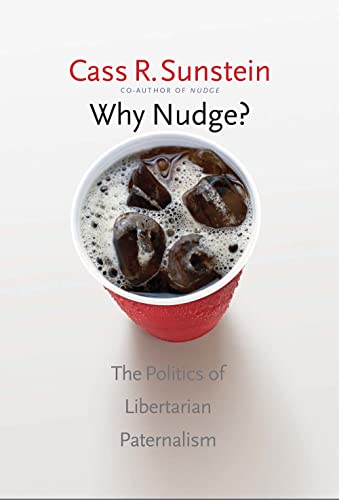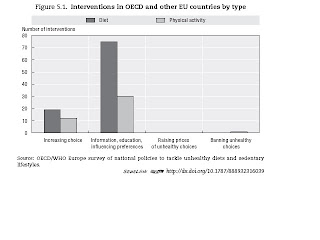I am not strictly a fan of economic experiments. They are useful, but usually researchers achieve conclusions from samples and settings that are far from what happens really in population and geographies. However, some days ago I was looking at an article that it seemed of interest. They try to:
estimate the degree of risk aversion for a sample of young healthy adults and we explore its links with a broad range of risky behaviours considered together. Second, as indicator of the overall quality of diet, we complement, for the first time, the BMI with the Healthy Eating Index (HEI), and we relate both to estimated risk preferencesSounds good, because the use of Body Mass Index is absolutely outdated and its relationship with risk aversion is crucial. This is the summary:
Our results show that risk preferences significantly differ across young adults with different, not extreme, health conditions. In particular, they reinstate the importance of conducting analyses that look separately at the two sub-samples of female and male subjects . This allows disentangling the links and interactions between preferences and key health variables such as smoking, and also to fully account for the gender-specific effects of the BMI and of alternative indicators of healthy weight.
Second, in our sample young women do not show any significant robust associations between risk preferences and BMI. Third, for young men – but not women – the HEI index appears to be significantly and consistently associated with risk preferences: across all specifications, healthier nutritional habits, tend to be robustly associated with higher risk aversion. This, together with the lack of significance of BMI-based indexes, suggests that, for subjects with not extreme health conditions, there is a wide scope to use measures alternative (or complementary) to the BMI, as indicators of the overall quality of diet.That's it. And his final recommendation:
From a health policy perspective, our study suggests that in young adults who have not yet developed chronic or extreme health conditions, looking at a comprehensive nutritional indicator such as the HEI could provide more direct insights to the deeply rooted behavioural mechanisms that drive health behaviours than considering an indirect and increasingly questioned measure such as the BMI.Since children's obesity is one of the main challenges for health improvement, someone should take into account this message.
PS. Eliciting risk and time preference, the 2008 key article.



